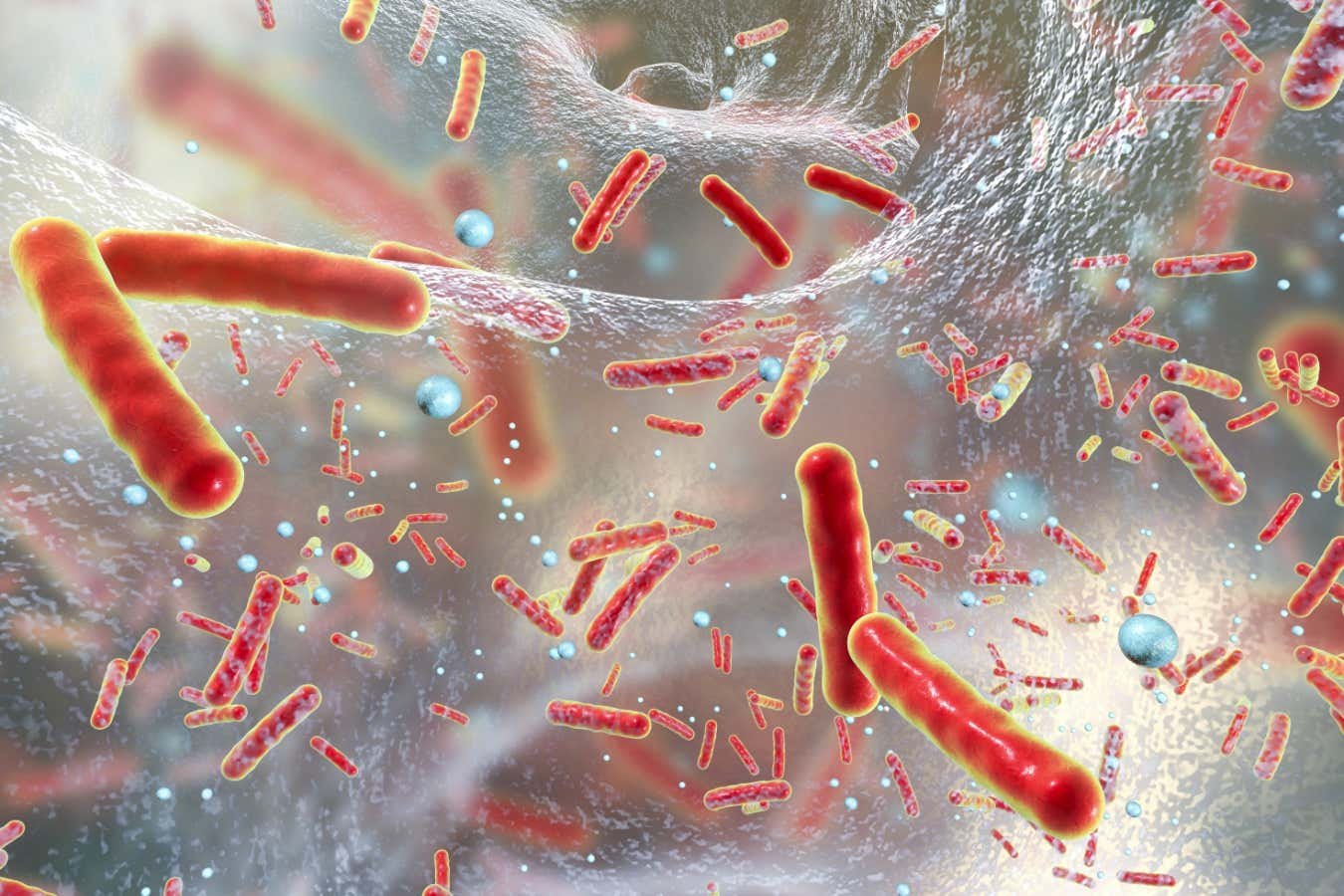
Shutterstock/Kateryna Kon
When Jeanne Marrazzo was announced as director of the US National Institute of Allergy and Infectious Diseases (NIAID) last year, she became one of the leading public health decision-makers in the world. Replacing Anthony Fauci, whose tenure during the covid-19 pandemic made him a household name, the stakes have never been higher for the agency’s newest boss.
Having spent decades working across HIV prevention and sexually transmitted diseases, as well as overseeing therapeutic interventions for covid-19, Marrazzo is now in charge of NIAID’s $6.6 billion annual budget – and the future of the US response to infectious disease.
That involves working with the institute’s 21 laboratories across the country, leading the fight against ebola and HIV and spearheading efforts to develop new vaccines, therapies, diagnostics and technologies.
At the top of Marrazzo’s to-do list is tackling antimicrobial resistance (AMR), or drug-resistant superbugs, which are predicted to cause 10 million deaths per year by 2050 at an annual cost of $1 trillion to the global economy. In May, the UK’s former chief medical officer warned that the rise of these pathogens could make the pandemic look “minor” and that the issue is more acute than climate change.
Our warming world is partly responsible for increasing rates of AMR, with shifting climate conditions around the globe helping bacteria such as Salmonella and cholera-causing Vibrio to survive – and evade our current antibiotic weaponry completely. Here, Marrazzo outlines the things we should perhaps fear most, as well as some promising developments on the horizon.
Charlotte Lytton: In what ways is the…

Felecia Phillips Ollie DD (h.c.) is the inspiring leader and founder of The Equality Network LLC (TEN). With a background in coaching, travel, and a career in news, Felecia brings a unique perspective to promoting diversity and inclusion. Holding a Bachelor’s Degree in English/Communications, she is passionate about creating a more inclusive future. From graduating from Mississippi Valley State University to leading initiatives like the Washington State Department of Ecology’s Equal Employment Opportunity Program, Felecia is dedicated to making a positive impact. Join her journey on our blog as she shares insights and leads the charge for equity through The Equality Network.




